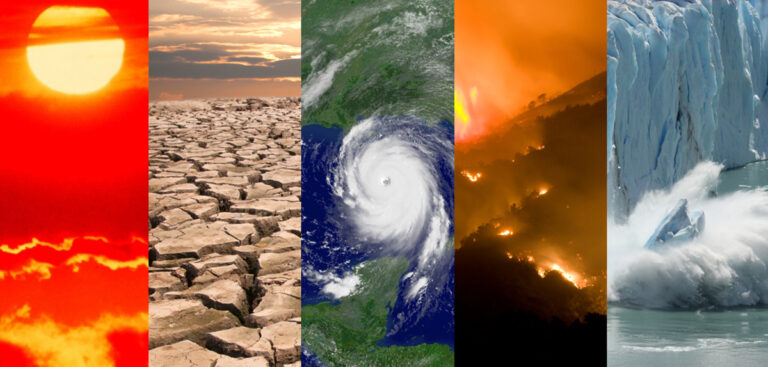A number of international agencies including the WMO, NASA and the NOAA have confirmed that 2019 was second-hottest year on record.
A similar analysis by the UK Met Office came to same conclusion. The global temperatures for 2019 were second only to 2016, with the past five years the warmest recorded on Earth since record-keeping began in 1880.
According to scientists at NASA’s Goddard Institute for Space Studies (GISS) in New York, temperatures for the last year were on average 0.98°C warmer than the mean average from 1951 to 1980.
“The decade that just ended is clearly the warmest decade on record,” said GISS director Gavin Schmidt. “Every decade since the 1960s clearly has been warmer than the one before.”
NASA’s analysis – conducted jointly with NOAA – used climate models and statistical analysis of global temperature data.
Through this analysis scientists were able to conclude that the increase mostly has been driven by rising CO2 and other greenhouse gas emissions.
“This shows that what’s happening is persistent, not a fluke due to some weather phenomenon: we know that the long-term trends are being driven by the increasing levels of greenhouse gases in the atmosphere,” Schmidt said.
“The average global temperature has risen by about 1.1°C since the pre-industrial era and ocean heat content is at a record level,” said WMO secretary-general Petteri Taalas. “On the current path of carbon dioxide emissions, we are heading toward a temperature increase of 3°C to 5°C by the end of century.”
Taalas warned of the ongoing impact of this temperature rise in increased frequency of “high-impact weather and climate-related events” such as the recent bushfires in Australia.
“Unfortunately, we expect to see much extreme weather throughout 2020 and the coming decades, fuelled by record levels of heat-trapping greenhouse gases in the atmosphere,” said Taalas.
Click here for a video from NASA and NOAA showing how global warming affects the plane



